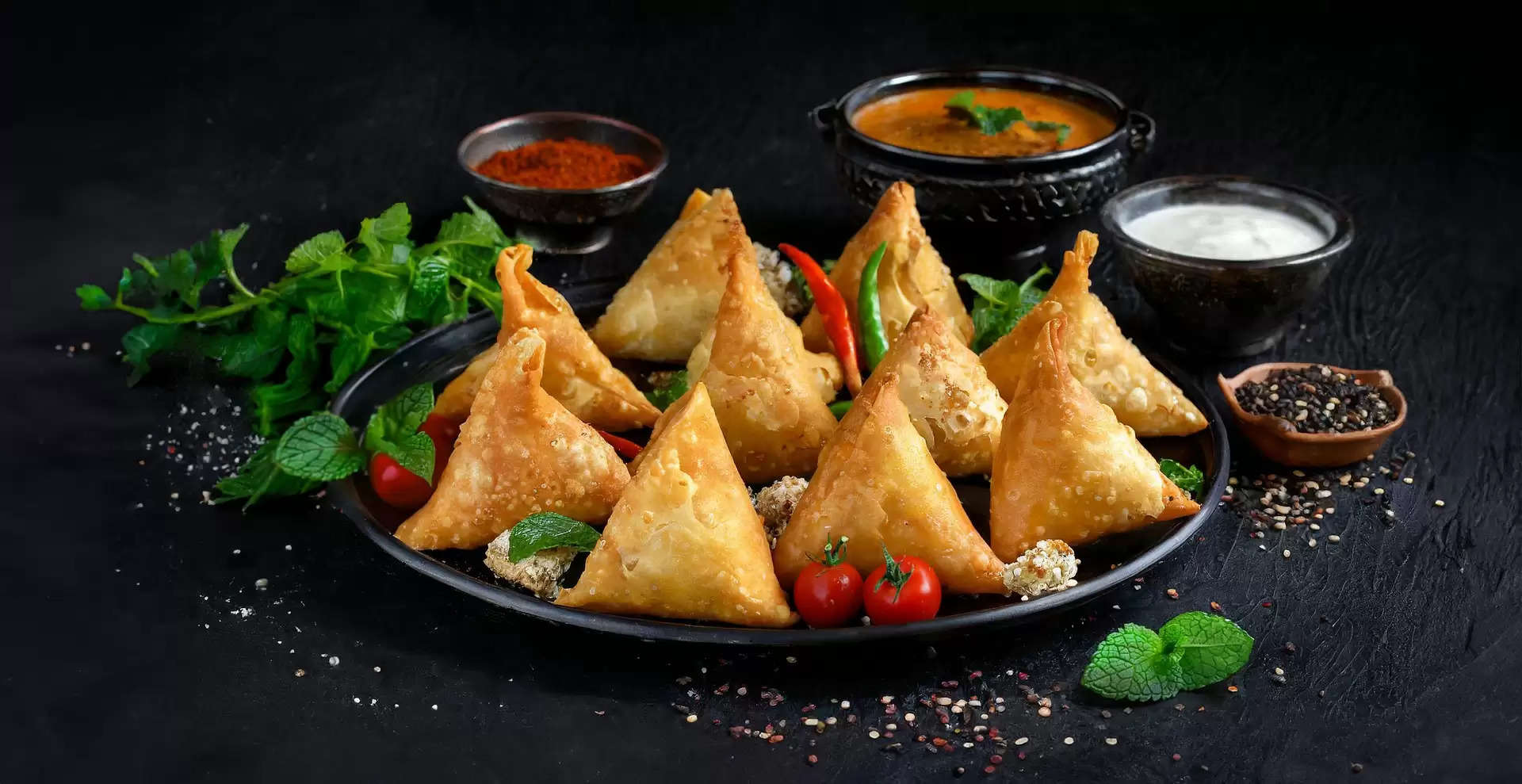Beloved Indian Delicacies: 5 Foods Prohibited Beyond Borders

Many taste journeys, which we encounter on a daily basis and tend to adapt to our routine life very easily. We seldom bother about the diverse laws related to even such innocuous food varieties as samosas and also chutney, or taking things further with ketchup.
However, to one’s surprise, there are many foods that Indians often consume but which are also stringently prohibited in other countries. Here are five such culinary curiosities that might really surprise you.
Samosa: A Controversial Symbol in Somalia
From India, one of the most popular snacks is samosas, which are very crispy outside and delightfully filled with potato. However, Samosas have been banned in Somalia since 2011. This snack is also associated with Christianity in the eyes of the ‘Al-Shabaab group’ because it has a triangular shape; violating this ban carries very serious penalties.
Ketchup Quandary in France
In India, ketchup is a very common condiment and accompanies samosas and pizzas daringly. Nevertheless, the French government has limited the use of ketchup, especially in school cafeterias, on health grounds. It seems that the underlying base is to protect the rich French culinary culture from too much Americanization, although still surprisingly students can eat ketchup with French fries.
Chyawanprash: Health Food Ban in Canada
A typical winter custom in India is eating a spoonful of Chyawanprash every morning, which is an ancient food supplement made from various fruits, herbs, and ghee. However, in Canada, the sale and distribution of Chyawanprash were banned since 2005 because the lead and mercury levels found to be high within the product.
Ghee: Banned Superfood in the United States
Ghee is a superfood that found wide acceptance in Indian cuisine as it has many essential components. Unfortunately, in America, ghee has been banned by the FDA as they said that it may cause health problems like blood pressure, heart attack, and obesity.
Chewing Gum Saga in Singapore
Chewing gum is a familiar sight at roadside Paan shops and grocery stores in India, serving multiple purposes from freshening breath to creating fruity balloons. Contrastingly, in Singapore, prohibitive measures were used, and it was made illegal to sell chewing gums in 1992 as a measure of cleanliness. However, bowing to international pressure, therapeutic dental chewing gums were allowed in 2004.
Throughout our daily enjoyment of culinary wonders, it is fascinating to learn about the differences in food standards around the world. From the symbolism of samosas in Somalia to French ketchup restrictions for health reasons, such bans provide insight into the disparate cultural and regulatory landscapes that influence our gastronomic ventures.
Therefore, the next time you are about to grab a samosa or apply ketchup to your plate, think that such seemingly insignificant acts may have another story in other parts of the world.
.jpg)
